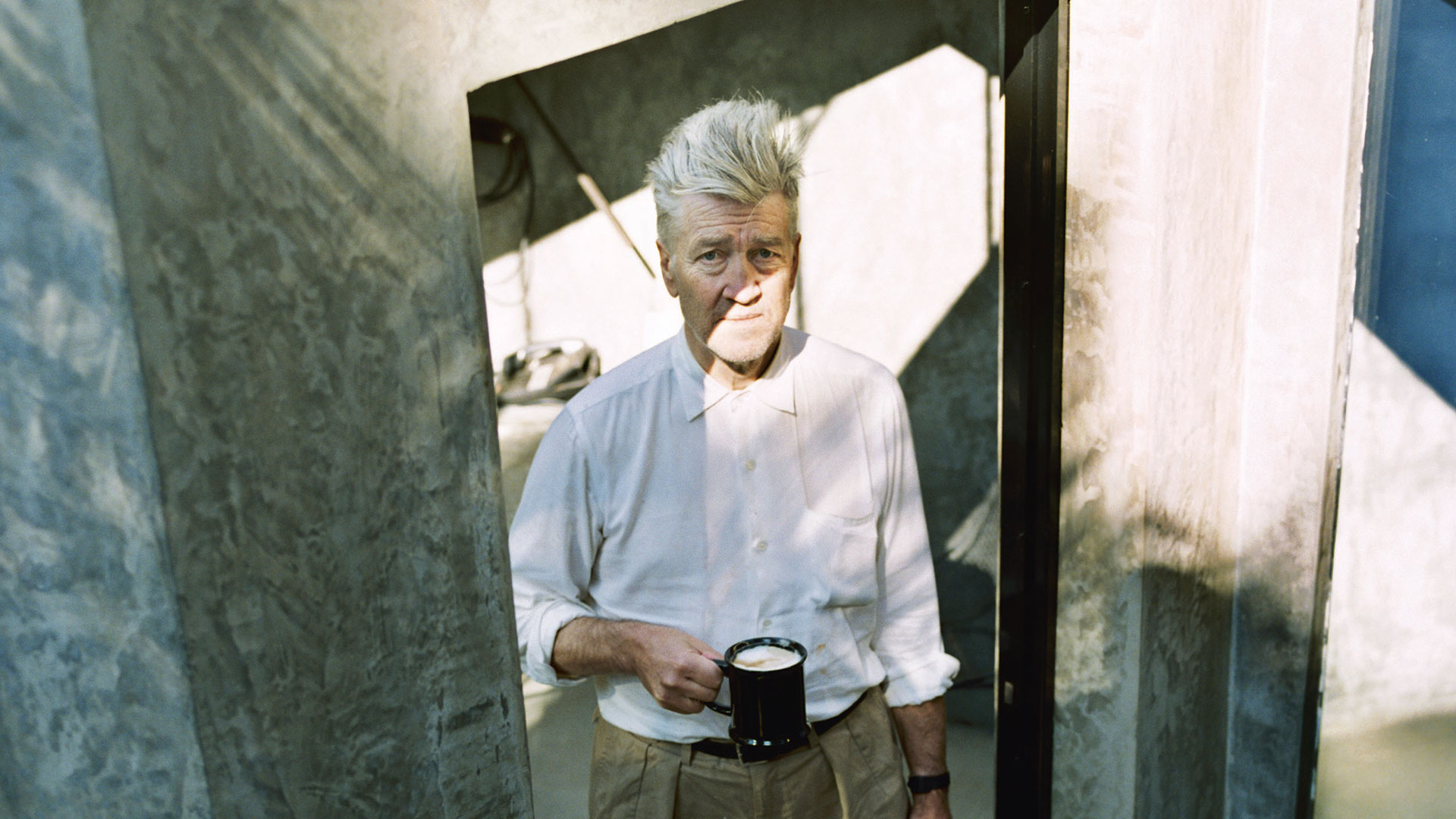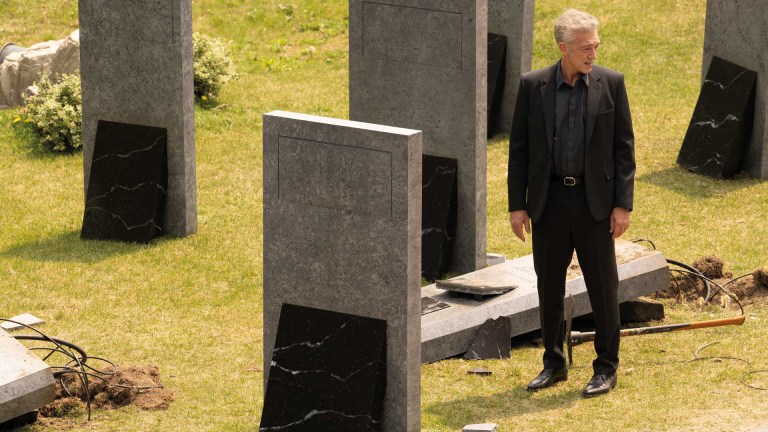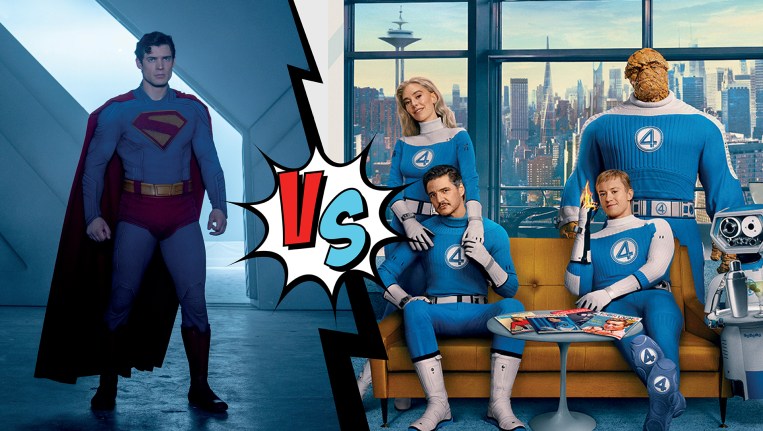Did you learn early on that there are advantages to being an outsider?
Human beings like to feel part of the group in some way. It’s comforting. So to be a loner, an outsider, can be kind of depressing and upsetting. At the same time I really believe that to get work done many times you need to be by yourself. Have time to daydream, have time to think and work on your own.
What is your earliest memory of home?
In Spokane, Washington, I had a little bed and it was a little room. That’s my earliest bedroom memory.
What posters did you have on the walls?
I didn’t have any posters. That whole poster thing came later. I painted a mural on my bedroom ceiling. The ceiling was flat but then it tapered and came into the walls, so on the tapered part I painted a mural. It was many different things, music and painting all together.
Advertising helps fund Big Issue’s mission to end poverty
You grew up in small towns across America. Could you ever make your home in one today?
Part of me would like that but now I think that drugs have permeated. They started in the big cities, then they went to middle-sized cities, then they went into the countryside. So many, many, many, many problems come from drugs. A lot of small towns were super peaceful at one time and just idyllic, living close to nature, real serene and beautiful. When drugs came, a lot of crime and violence and fear comes creeping in, and sad stories. So I think a lot of these small towns have been perverted.
People say the idyllic past we’re nostalgic for – all white picket fences and cherry pies – never actually existed.
It did exist. When a war is over there’s a joy in the air. That carried over into the 50s, so even though there were, I’m sure, all the same problems there was still an optimism for a bright future coming. That lasted until president Kennedy was shot in 1963. By the 70s it was a total different feel in the world.
When you were 17 you planned to make your home in Salzburg but left after a few days. Why couldn’t you feel at home in Europe?
Salzburg was way too clean. It was beautiful but it was not the kind of mood I was looking for.
Advertising helps fund Big Issue’s mission to end poverty
Had you not seen The Sound of Music?
That should have been a big tip-off.
You ended up living in Philadelphia.
Philadelphia. Corrupt, filthy, fear in the air – thick. Insanity in the air. This place was just what the doctor ordered. It was incredible. Now Philadelphia is pretty much a city like any other city. It’s got some places that look like Warsaw after the Second World War, bombed-out horrible places, but the city centre is clean. They’ve cleaned all the soot from the buildings and it’s just kinda regular to me.
This artwork shows where you stayed?
Yes, I lived in that house. The biggest influence in my life is the city of Philadelphia and so that painting represents some feelings of that.
Advertising helps fund Big Issue’s mission to end poverty
Does it help to go outside your comfort zone to find inspiration?
You never know when ideas are going to hit you. You can get ideas just from sitting in a room daydreaming, just feeling the air. I think people are like radios. They pick up signals. But sometimes you go to a new place and that will give you ideas. Sometimes you go to a new place – no ideas. You never know what’s going to trigger the ideas you fall in love with.
Mulholland Drive is not just the name of a film but practically your address. What does the road mean to you?
Mulholland Drive is a famous long, long, long winding road that goes on the crest of the Santa Monica mountains. It’s a two-lane road. There’s long stretches where you’re just rolling but it’s very winding. After you’ve lived in LA for a while you hear stories, things happening on Mulholland Drive.
Do you still suffer from agoraphobia?
I don’t like to go out. I do go out, but I don’t like it. But many times I don’t want to go out and then I’m forced to go out and I enjoy myself when I’m out. Getting enough strength to walk out the door sometimes is tricky.
Advertising helps fund Big Issue’s mission to end poverty
When was the last time you went out?
The last time I went out I did a talk at a theatre with Russell Brand. I had signed up, I said I would do that so I had to do it. But it was a pretty enjoyable night.
Do you still follow a strict routine?
It’s always the same. When you have a certain regimen, certain things you wear, you don’t have to worry, you just do it then it leaves more time to daydream and think. It’s to help the work.
At what point in your day do you have your first coffee?
First thing. I still smoke cigarettes so I have coffee and cigarettes and then I meditate and then I go out or go to where I’m going to work.
Advertising helps fund Big Issue’s mission to end poverty
Do you drink your own brand of coffee?
Yes, I drink David Lynch Signature Cup coffee. I now have an Americano so it’s espresso with hot water and a little bit of milk.
Have you ever tried Kyle MacLachlan’s wine?
I have had it and it’s a nice wine. He’s very serious about that wine and I think it’s slowly but surely doing well.
I was wondering how much a home is tied to a sense of identity, and the significance of the final scene of Twin Peaks: The Return being set at what may or may not be Laura Palmer’s home?
That’s how it ends. So… I’m not really able to discuss that but the word home, it’s a beautiful word. In The Wizard of Oz, that line, ‘There’s no place like home.’ This is something that everybody feels but there’s still many unhappy homes. It would be great to have a world where everyone had a home that they loved and where they felt secure and happy.
Advertising helps fund Big Issue’s mission to end poverty
What makes a house a home?
It’s not just something to keep the elements out. It’s somewhere you feel very good, a place you like to return to if you go out. And if there’s other people in the home, a family, and you like them, it’s great.
If someone doesn’t have the security of a home, what are the consequences?
It makes a big trauma for a person and it’s not right. Everyone should have a home, a place where they’re safe, where they can sleep and get rest, keep their stuff. We, human beings, owe it to each other to find a way that everyone has a place and no one goes to bed hungry at night. It’s something we’ve got to work together to get for all the people.
The David Lynch Foundation helps lots of vulnerable groups, such as prisoners, troubled kids and people who have experienced homelessness. What do these groups share?
These days the world is filled with a lot of stress and people suffer from this stress and negativity. The practice of transcendental meditation starts rapidly folding the full potential of the human being – enlightenment. Doesn’t matter if you’re rich, poor, homeless, when you walk towards the light each step things get brighter. It’s so beautiful to see what happens to a person when they walk away from suffering. Even if they’re homeless they start feeling happy inside, regardless of the outside circumstance.
Advertising helps fund Big Issue’s mission to end poverty
Do you think the word ‘homeless’ is a label used by people to distance the problems of others from themselves?
Yeah, I think that’s true. People say, why are they homeless, there must be something wrong with them. But these days everyone gets the feeling that can be me on the street. Homelessness is rising and rising. These labels do separate us but we’ve got to see it as our fellow human beings and do something to help out.
In Twin Peaks and Mulholland Drive, there are characters who are dirty, who might live at the back of a diner or in the woods, or ask for cigarettes. When you’re using those stereotypical tropes, what does it represent?
A homeless person doesn’t have a home. Because they don’t have a home they don’t have a shelter. Because they don’t have a shelter they’re a victim of the elements. Homeless people don’t get to bathe too often and they’re sunburnt a lot of times, they’re dirty because they don’t have a place to get cleaned up and they might start getting an odour. These are general, stereotypical things that you notice but all those things could be taken care of pretty quickly if they had some help.
Apparently the actor who played the ‘bum’ in Mulholland Drive asked you what the character represented and you said “everything”.
People say I say something – I don’t recall ever saying that. If there’s 500 people in the theatre there are going to be 500 different interpretations of things. It’s just the way it is. On the surface we’re all different, at the base we’re all the same. So I’m for getting a world where that unity is enlivened.
Advertising helps fund Big Issue’s mission to end poverty
You have said that a mantra is the key to open the door. Does that mean home is within us?
This is the biggest, the most beautiful home. We have a treasury within. It’s unbounded, infinite, eternal, immutable, immortal treasury, but we’ve lost contact. You’ve got the gold in the vault but if you don’t have the key to open up the door you’re not going to get that gold out. That vault can be seen as a home, a beautiful home, the self. The feeling of the home, money can’t buy that. It’s bliss. There’s a line, know thyself. This is the self they’re talking about.
David Lynch at HOME is a season of films, special events and a major art exhibition at HOME, Manchester, until 29 September, as part of Manchester International Festival 2019.
Do you have a story to tell or opinions to share about this? Get in touch and tell us more. Big Issue exists to give homeless and marginalised people the opportunity to earn an income. To support our work buy a copy of the magazine or get the app from the App Store or Google Play.










